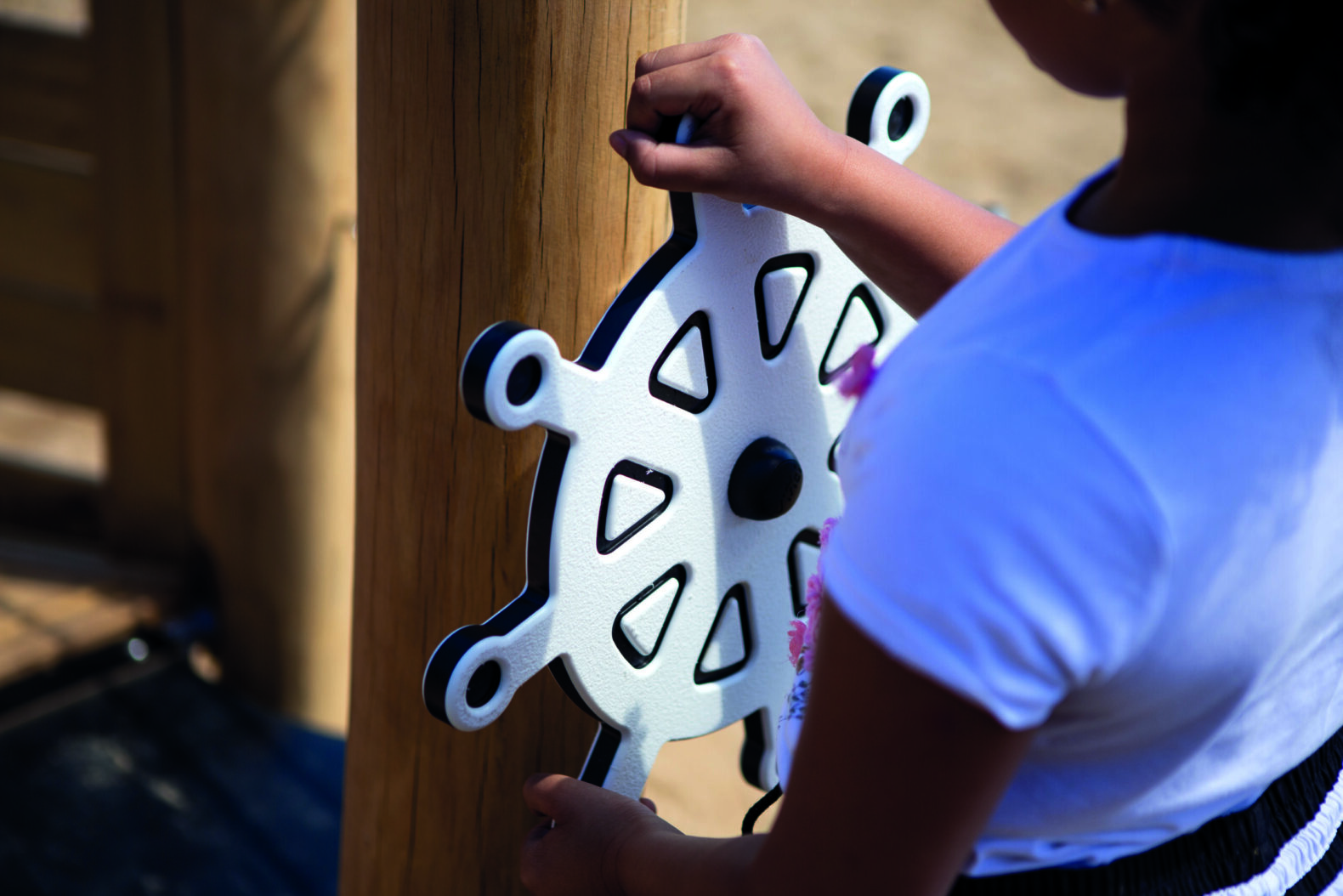Swift Response by idverde Teams Clears Trowbridge Road After Bin Lorry Fire
In a commendable effort, idverde teams played a crucial role in the cleanup operation
Grounds Maintenance, Landscape Creation, Arboriculture, Sports Surfacing, Parks management, IOS Managing Safely Training, Ecology & Biodiversity, Grass cutting, Horticulture, Street Cleaning, Soft Landscaping, Hard Landscaping
idverde provides a wide range of green services, including grounds maintenance, landscape creation, and advice services, to both private and public sectors across the UK.
As we gear up for another exciting school year, it’s essential to remember that learning isn’t just about what happens in the classroom. Break times play a crucial role in a child’s development and overall well-being. Here’s why:
At idverde, our Play division is passionate about creating outdoor play environments that inspire and nurture children’s development. Play is a fundamental aspect of childhood, serving as a cornerstone for physical, emotional, social, and cognitive growth. Here, we explore the multifaceted benefits of play and why it is essential for every child’s development.
Physical Development
Outdoor play encourages physical activity, which is crucial for healthy growth. Climbing structures, slides, and swings help children develop their gross motor skills, strength, and coordination. Regular physical activity through play promotes cardiovascular health, builds muscle, and helps maintain a healthy weight. Additionally, it supports the development of fine motor skills as children manipulate smaller objects and navigate their environment.
Emotional Development
Play provides a safe space for children to express their emotions and develop emotional resilience. Through imaginative play, children explore different scenarios and roles, helping them understand and manage their feelings. This emotional exploration is vital for developing empathy, coping mechanisms, and a sense of self. Outdoor play, in particular, offers a natural setting for children to experience and regulate their emotions, fostering a sense of well-being and reducing stress.
Social Development
Interacting with peers during playtime is essential for social development. Children learn to share, negotiate, and collaborate, which are critical skills for building relationships. Playgrounds serve as microcosms of society where children practise communication, conflict resolution, and teamwork. Inclusive play environments, which cater to children of all abilities, further enhance social development by promoting diversity, acceptance, and inclusiveness.
Cognitive Development
Play stimulates cognitive development by encouraging problem-solving, creativity, and critical thinking. Puzzles, building blocks, and interactive play panels challenge children’s minds and promote intellectual growth. Imaginative play fosters creativity and innovation, allowing children to explore new ideas and concepts. Through play, children learn about cause and effect, spatial relationships, and basic scientific principles, laying the foundation for lifelong learning.
Importance of Nature Integration
Integrating natural elements into play areas enriches the play experience and enhances development. Natural features like sand, water, and plants stimulate the senses and encourage exploration. These elements offer diverse opportunities for imaginative and sensory play, which are crucial for cognitive and emotional growth. Nature-based play also fosters a connection with the environment, instilling a sense of responsibility and stewardship in children from a young age.
The Role of Community Input
At idverde, we believe that involving the community in the planning and design of play spaces is vital. By engaging children, parents, and local stakeholders, we create environments that meet the specific needs and preferences of the community. This collaborative approach ensures that play areas are not only functional and safe but also beloved and well-used. Community involvement fosters a sense of ownership and pride, encouraging ongoing care and maintenance of the play spaces.
Encourages Creativity
Unstructured playtime fosters creativity and imagination. Children can explore new ideas, engage in creative play, and develop problem-solving skills in a less formal setting.
As we head back to school, let’s ensure that break times are valued and protected. They are not just a pause in the day but a vital part of a child’s educational journey.
